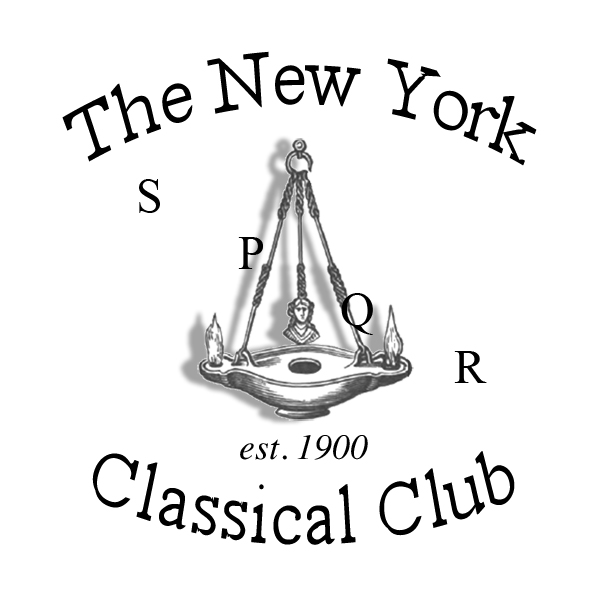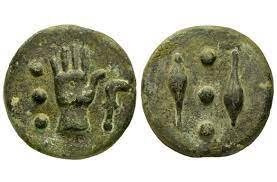Coinage and Literature, two complementary approaches to Roman civilization
By Dr Lucia Carbone
According to Cicero, in 240 BC Livius Andronicus, a Greek freedman from Tarentum, staged his first play in Rome, thus setting the official starting date of Latin Literature. Roughly in the same years, the city of Rome began the production of its own coinage, characterized by Greek-inspired silver coins and traditionally Italian bronze coins and bars. At the same time, Tarentum, Andronicus’ fatherland, adopted for its silver coinage a weight standard compatible to the one adopted by Neaples and, consequently, by Rome. Gnaeus Naevius, a libertus from Campania who probably fought in the First Punic War, was the first one to celebrate the virtus of Roman infantry and the unhappy love of Aeneas and Dido. Both Latin literature and Roman coinage originated in the middle ground between Greek and Roman tradition that characterized the Archaic Age and was at least partly related to Roman military conquest. Since their inception, literature and coinage thus represent two complementary and deeply interrelated heuristic tools to better understand Roman civilization, as they both represent the privileged vectors of the self-representation of the elites. This paper aims to investigate the constant dialogue between literary text and numismatic sources especially in the formative years of the early third century BCE, showing how coinage represents a privileged tool to enhance a more organic understanding of the Roman civilization as a whole.
Our meeting will be held in person at the Brearley School (East 83 and East End Ave) on Friday May 27, 2022. The meeting will run from 4 -5:45 pm. The school kindly asks that visitors show proof of vaccination against COVID (photo, card, app, etc) and complete a health attestation form upon arrival. All visitors to the school are also expected to wear a mask during the lecture.

